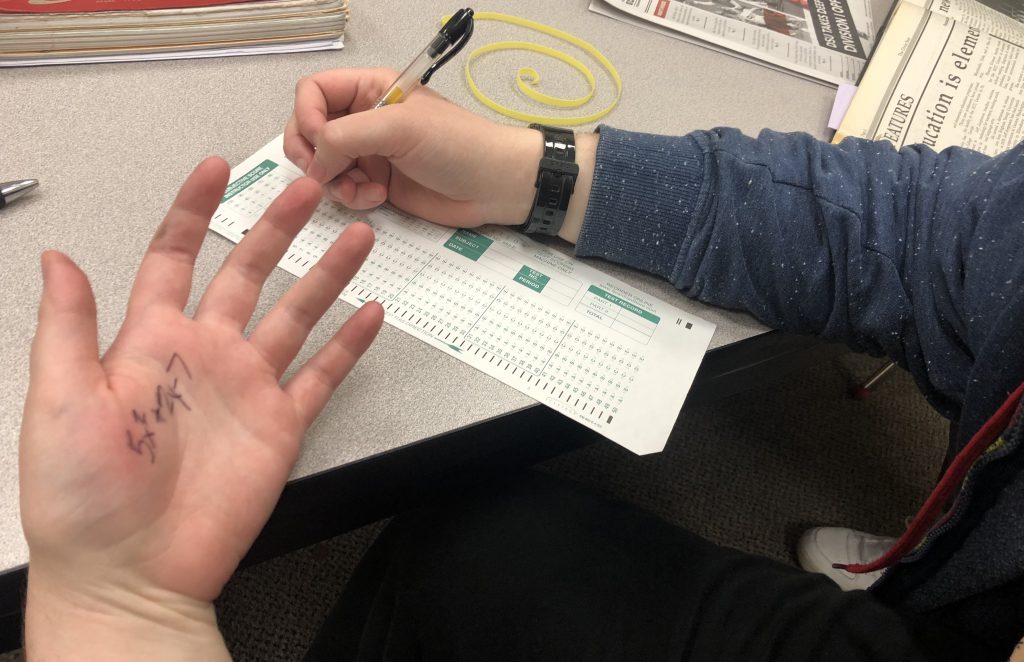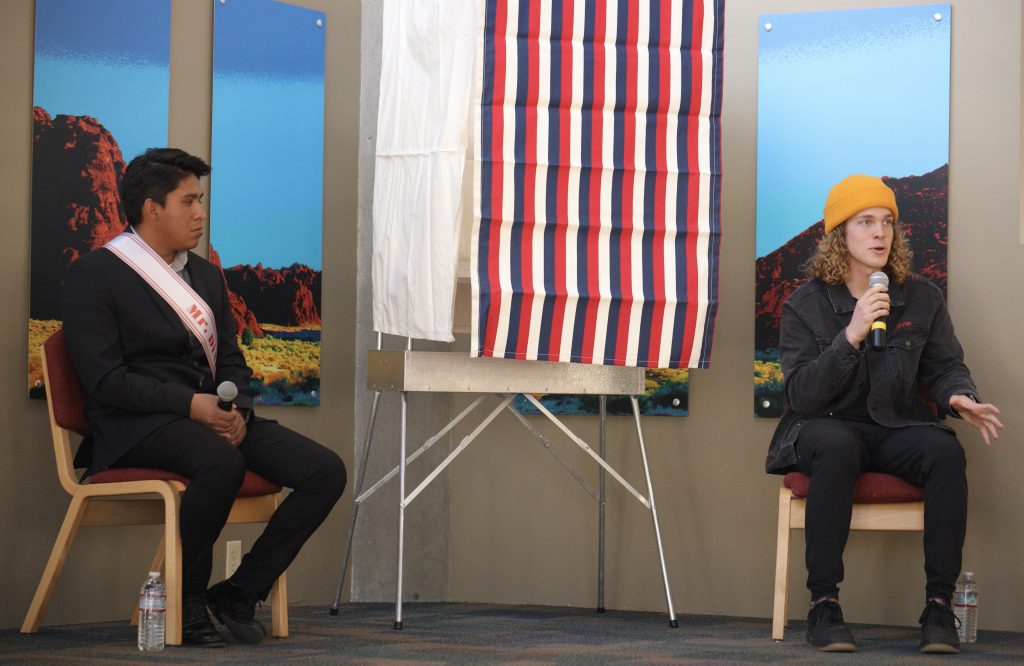Dixie State University is citing HIPAA as its reason for not notifying professors that a student has COVID-19 unless they come into close contact.
According to a Sept. 1 Fox 13 article, a faculty member at DSU anonymously said she was concerned that DSU wasn’t going to let her know if any of her students tested positive for COVID-19 unless they met DSU’s standards for “close contact” out of fear of breaking HIPAA, which is a law protecting personal health information.
The faculty member told Fox 13, “My classrooms are packed. If someone is sick, everyone is going to get sick,” and she didn’t want to know which student was infected, just that there was an exposure risk in her classroom.
Garyn Gulbranson, director of the Booth Wellness Center, said he has been consulting with local and state agencies such as the Southwest Utah Public Health Department, the Utah Association of Local Health Departments, Test Utah, and the Utah System of Higher Education on how to handle testing and contact tracing.
“When a positive COVID-19 test result is received by the Booth Wellness Center, the affected individual is contacted by us and works with the contact tracing team to identify with whom they have been in close contact,” Gulbranson said. “Similar to the protocol being followed at other USHE institutions, we will inform close contacts that they have come into contact with a positive COVID-19 case and advise them to quarantine, obtain testing and take measures to prevent further infection.”
“This is why all of us on campus stress over and over the importance of social distancing,”
English professor Stephen Armstrong
According to DSU’s COVID-19 emergency response plan, close contact is defined as being within 6 feet of someone for 15 minutes without wearing a mask within 48 hours of symptom onset or positive test results.
“I think the students should be informed,” said Jamey Cook, a CNA from Hurricane.
Cook said as long as no identifying information is given out about a student, such as their name and gender, it wouldn’t be a HIPAA violation.
“Currently, we have five individuals with confirmed cases of COVID-19 at DSU, all of whom have been contacted, assisted staff in contacting tracing, and are currently self-isolating,” Gulbranson said. “We have not had any spread of COVID-19 in classroom settings thus far, and we are appreciative of the efforts of our faculty, staff and DSU students in following our return to campus plan of wearing face coverings, practicing safe physical distancing, and staying home and reporting symptoms when sick.”
English professor Stephen Armstrong said faculty members were trained on what contact tracing is and what they can do to maximize its efficacy, especially in regard to attendance and seating charts. He also said he was well aware of the close contact policy.
“This is why all of us on campus stress over and over the importance of social distancing,” Armstrong said. “Mask policy, too. I have been quite impressed by the efforts that I’ve observed in the buildings and classrooms so many students and campus employees make to practice good hygiene, social distancing and sensible mask-wearing. Contact tracing is another arrow in the university’s quiver as we take our stand against the virus.”
Gulbranson said he encourages anyone with COVID-19 symptoms or who has come into contact with someone who has symptoms to fill out a COVID-19 self-reporting form. He also asks that faculty protect students’ private health information and provide necessary support and accommodations until infected students can return to class.




